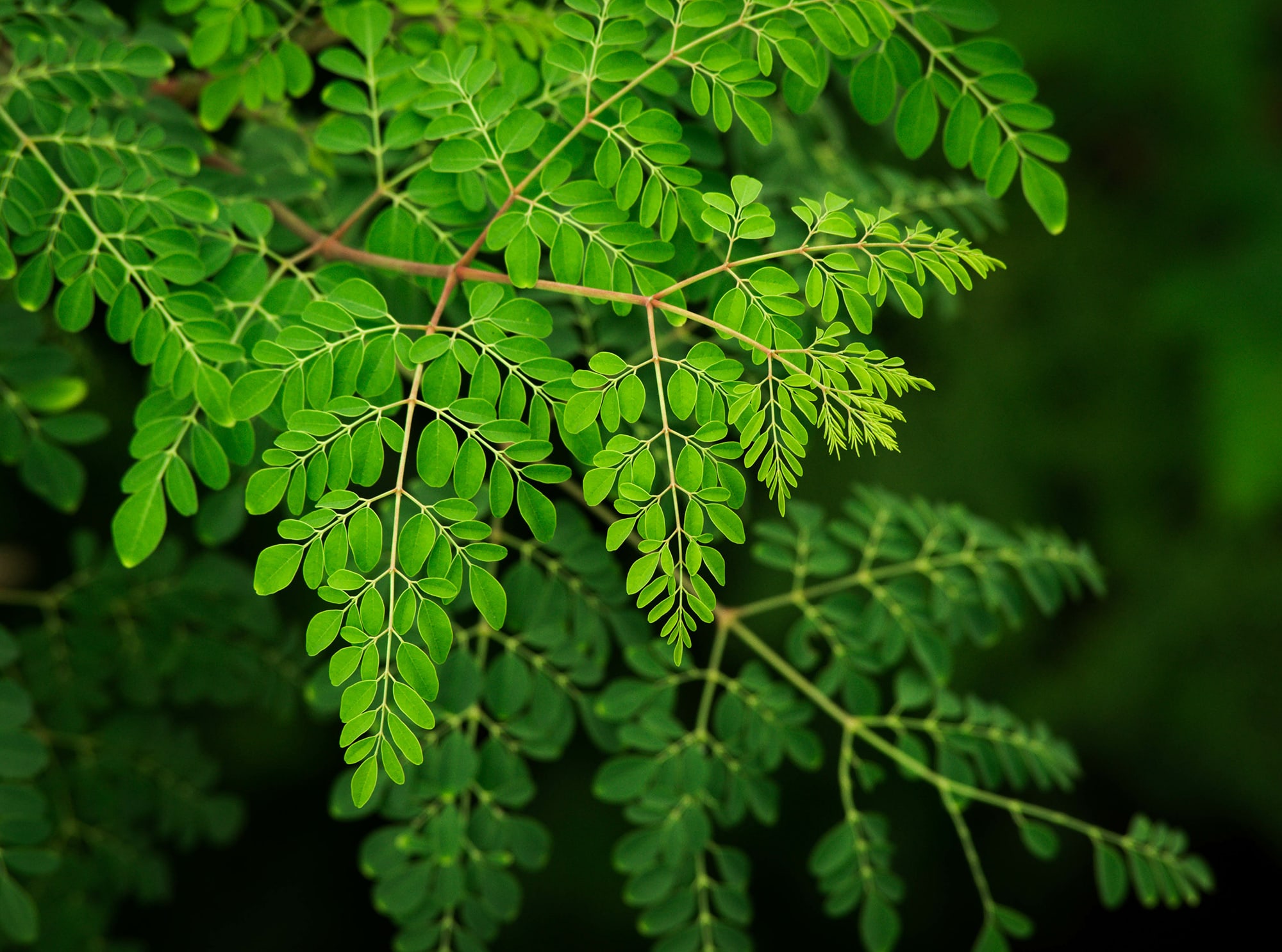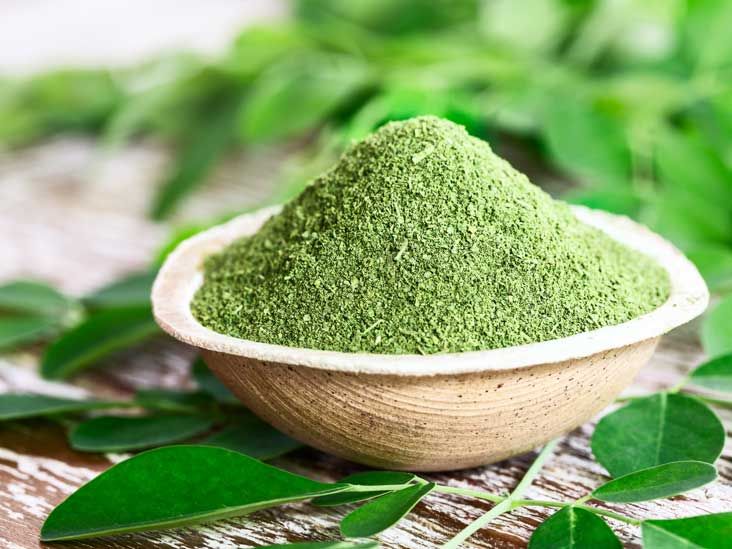The HS codes for moringa products include 12119029, 07129090, 15159099, and 30049099
Moringa Products: A Booming Industry in India
Moringa, often referred to as the "miracle tree," is a plant packed with nutrients, antioxidants, and medicinal properties. Over the years, moringa-based products have gained global recognition, leading to a surge in demand both locally and internationally. India, being a significant producer of moringa, plays a pivotal role in the global moringa market. This article explores the types of moringa products, their production hubs in India, export statistics, and their local and international market potential.
Types of Moringa Products
Moringa is a versatile plant with every part – leaves, seeds, flowers, and bark – being utilized to produce a range of products. Some popular types include:
- Moringa Powder: Made from dried moringa leaves, it is widely used in dietary supplements, smoothies, and herbal teas.
- Moringa Oil: Extracted from moringa seeds, this oil is popular in the cosmetics industry for its moisturizing and anti-aging properties.
- Moringa Capsules and Tablets: These are dietary supplements known for their rich nutritional value.
- Moringa Tea: Herbal tea made from moringa leaves is a favorite for its health benefits.
- Moringa Seed Products: Used for water purification, health supplements, and in agriculture.
- Moringa-based Skincare Products: Creams, lotions, and soaps enriched with moringa oil are gaining popularity in the beauty industry.
Manufacturing Hubs for Moringa Products in India
India is home to numerous moringa cultivation and processing units, primarily due to its favorable climatic conditions. Major states involved in the production and manufacturing of moringa products include:
- Tamil Nadu: A leading producer of moringa, Tamil Nadu boasts extensive cultivation and processing facilities.
- Karnataka: Known for high-quality moringa production and a growing number of processing units.
- Andhra Pradesh: Hosts a significant number of moringa farming and product manufacturing businesses.
- Odisha and Maharashtra: Emerging hubs with increasing investments in moringa processing.
- Rajasthan and Gujarat: These states are also contributing to the moringa industry with focused cultivation initiatives.
Uses of Moringa Products
Moringa’s versatility makes it a valuable resource across industries. Its uses include:
-
Health and Nutrition:
- Boosts immunity, aids digestion, and reduces inflammation.
- Rich in vitamins, minerals, and amino acids.
-
Cosmetics:
- Moringa oil is used in anti-aging creams, shampoos, and moisturizers.
-
Pharmaceuticals:
- Used in traditional and modern medicine for managing diabetes, arthritis, and heart diseases.
-
Agriculture:
- Moringa seed cakes serve as organic fertilizers and pesticides.
-
Food Industry:
- As a superfood, moringa is used in energy bars, snacks, and beverages.
Export of Moringa Products from India
India is the largest exporter of moringa products globally, with its high-quality offerings reaching over 120 countries. Some key importers include:
- United States
- Germany
- United Kingdom
- China
- Japan
- Australia
The demand for Indian moringa products is driven by their affordability and superior quality.
Local and International Market Size
The moringa products market is rapidly expanding, driven by growing health consciousness and the global trend of natural products.
Local Market Size
In India, the moringa market is growing at a steady rate, supported by rising awareness about its health benefits and its inclusion in diets. The domestic market is expected to grow further with increased adoption in the food and wellness industries.
International Market Size
The global moringa market was valued at over $7 billion in 2023 and is projected to grow at a CAGR of 8-10%. The demand for organic and natural products in developed nations is the primary growth driver for the moringa industry.
Government of India Policies Supporting Moringa
The Indian government has implemented several policies to boost the moringa industry:
-
Promotion of Organic Farming:
Schemes like the Paramparagat Krishi Vikas Yojana (PKVY) encourage organic cultivation of moringa. -
Export Incentives:
Subsidies and support for moringa exporters under the Agriculture Export Policy. -
Research and Development:
Investments in R&D to improve yield and develop innovative moringa-based products. -
Support for Farmer Cooperatives:
Empowering small-scale farmers through cooperatives and funding initiatives. -
National Medicinal Plants Board (NMPB):
Encourages the cultivation of medicinal plants, including moringa, to meet growing demand.
Conclusion
Moringa products hold immense potential, both as a health supplement and as a versatile ingredient in various industries. India’s leadership in moringa production and exports positions it as a critical player in the global market. With increasing government support, a growing local market, and rising international demand, the future of moringa products from India looks incredibly promising. Entrepreneurs and farmers investing in this sector are likely to reap substantial benefits in the years to come.





